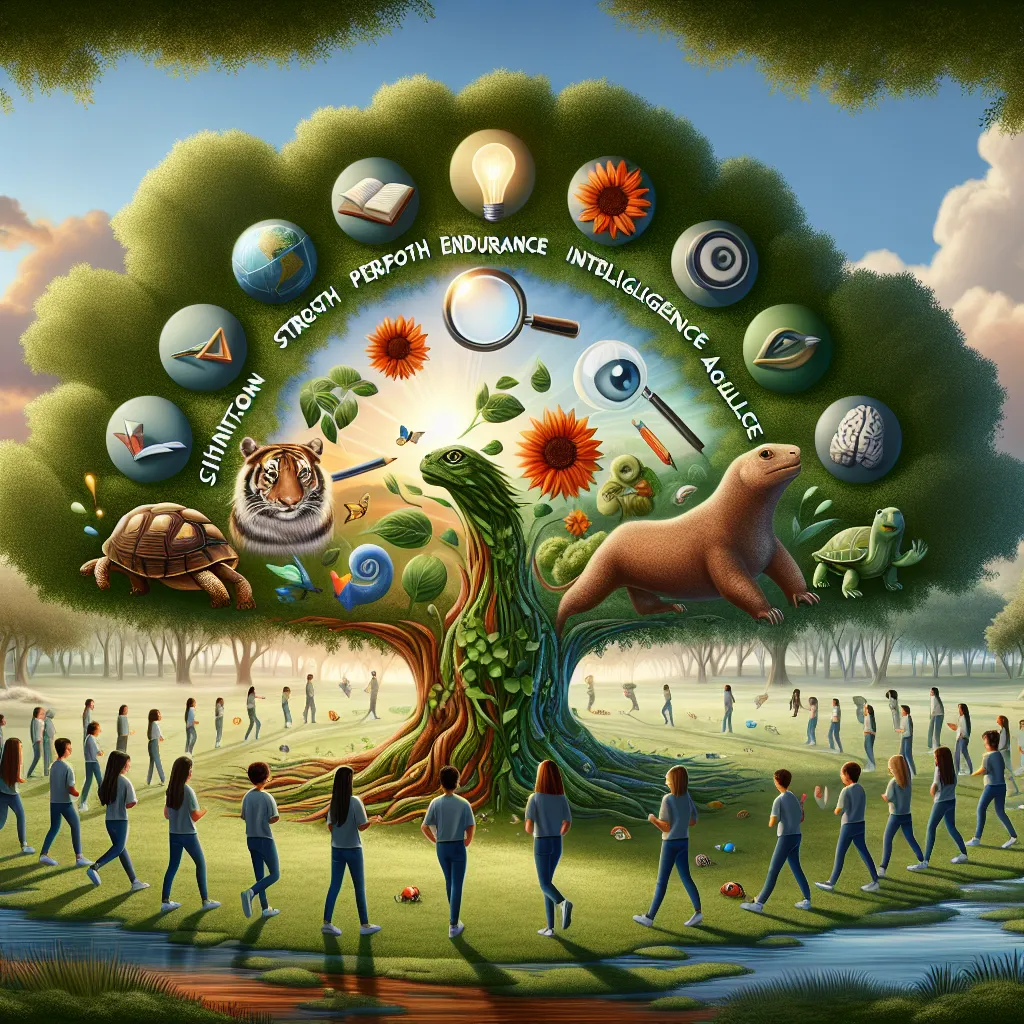Ask AI on The Internet
Question: Write True or false. 1. True or False: Reigeluth's Elaboration Theory emphasizes the importance of presenting new information in a simple and isolated manner. 2. True or False: According to Elaboration Theon t learning is optimized when learners build upon their existing knowledge structures. 3. True or False: Reigeluth's Elaboration Theory suggests that learning materials should be designed to minimize cognitive load by avoiding complex relationships between concepts. 4. True or False: Elaboration Theory focuses primarily on rote memorization techniques. 5. True or False: According to Elaboration Theory, providing learners with multiple examples and non-examples can help them develop a deeper understanding of concepts. 6. True or False: Reigeluth's Elaboration Theory suggests that learning is most effective when learners are presented with large amounts of information simultaneously. 7. True or False: Elaboration Theory advocates for the use of mnemonics and other memory aids to enhance learning. 8. True or False: According to Elaboration Theory, feedback should be provided sparingly to avoid overwhelming learners. 9. True or False: Elaboration Theory suggests that learners should be encouraged to actively engage with the learning material through activities such as summarization and questioning. 10. True or False: Reigeluth's Elaboration Theory is primarily concerned with the transmission of knowledge from the instructor to the learner. 11. True or False: The ARCS model stands for Attention, Relevance, Confidence, and Satisfaction. '12. True or False: According to the ARCS model, attention refers to the degree to which learners perceive a task or activity as being important or en learne. valuable. armation 13. True or False: Relevance, as per the ARCS model, emphasizes the importance of connecting new learning material to learners' existing knowledge and experiences. 14. True or False: Confidence, in the context of the ARCS model, refers to learners' belief in their ability to succeed in a learning task or activity. 15. True or False: Satisfaction, according to the ARCS model, involves providing learners with immediate rewards or incentives for completing learning tasks. 16. True or False: The ARCS model suggests that motivation can be enhanced by addressing only one or two of its components, rather than all four. 17. True or False: According to the ARCS model, providing learners with opportunities for self-assessment and reflection can help boost their confidence and motivation. 18. True or False: The ARCS model is primarily concerned with extrinsic motivation and does not consider intrinsic motivational factors. 19. True or False: According to the ARCS model, providing learners with clear goals and objectives can enhance their motivation by increasing their confidence. 20. True or False: In the ARCS model, relevance refers to making learning materials interesting and entertaining to capture learners' attention.
1. False: Reigeluth's Elaboration Theory emphasizes the importance of presenting new information in a way that is integrated and connected to existing knowledge, which is contrary to presenting it in a simple and isolated manner. 2. True: Elaboration Theory posits that learning is optimized when learners build upon their existing knowledge structures. 3. False: While Reigeluth's Elaboration Theory does consider cognitive load, it does not suggest avoiding complex relationships between concepts; rather it proposes presenting these relationships in a sequenced, scaffolded manner. 4. False: Elaboration Theory is not primarily focused on rote memorization, but on meaningful learning. 5. True: According to Elaboration Theory, providing learners with multiple examples and non-examples can help them develop a deeper understanding of concepts. 6. False: Reigeluth's Elaboration Theory suggests that new information should be introduced incrementally and organized hierarchically, not presented all at once. 7. False: While mnemonics and other memory aids can be useful in learning, they are not the central focus of the Elaboration Theory. 8. False: Feedback is important in Elaboration Theory for shaping learning and knowledge structures, but it should be meaningful and timely, not sparing. 9. True: Elaboration Theory suggests that learners should actively engage with the learning material. 10. False: Elaboration Theory is not primarily about transmission of knowledge but more about construction of knowledge. 11. True: The ARCS model stands for Attention, Relevance, Confidence, and Satisfaction. 12. True: In the ARCS model, attention refers to the degree to which learners perceive a task or activity as being important or valuable. 13. True: Relevance, as per the ARCS model, does involve connecting new learning material to learners' existing knowledge and experiences. 14. True: Confidence, in the context of the ARCS model, refers to learners' belief in their ability to succeed in a learning task. 15. True: The Satisfaction component of the ARCS model involves providing learners with rewards or positive outcomes for achieving learning objectives. 16. False: The ARCS model suggests that motivation is enhanced by addressing all four of its components – Attention, Relevance, Confidence, and Satisfaction. 17. True: According to the ARCS model, self-assessment and reflection can help boost learners' confidence and motivation. 18. False: The ARCS model takes into account both intrinsic and extrinsic motivational factors. 19. True: According to the ARCS model, clear goals and objectives can enhance motivation by boosting learner confidence. 20. False: Relevance in the ARCS model refers to connecting new learning material to learners' existing knowledge, not just making learning materials entertaining to capture attention.
A new large language model has been made available since this question was asked.
To generate an updated answer from the new model, click the button below.
Think your answer is better than the AI's? Post it below.
Other Most Relevant Posts:
 1. Understanding Parental Roles in Education: Assessing Barriers to Learning
2. Fostering Social Cohesion in Education: True Statements and Practices
3. Differentiation in Education: Exploring Content
1. Understanding Parental Roles in Education: Assessing Barriers to Learning
2. Fostering Social Cohesion in Education: True Statements and Practices
3. Differentiation in Education: Exploring Content
Question Tags
If you want your question answered by an AI, click here.






Post your own comment: